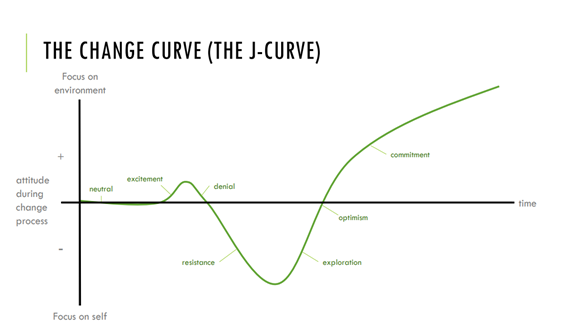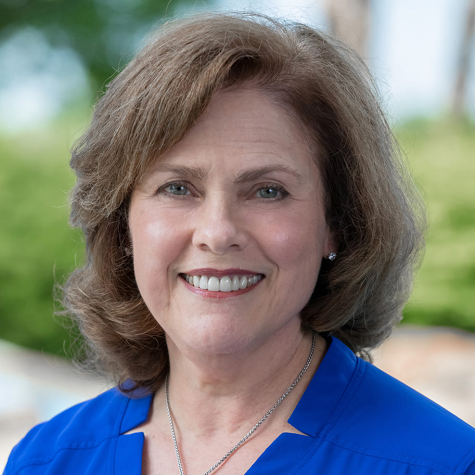We just wrapped up our 24th annual Leadership Institute, with church leaders from across the country gathering to invest in their own and in their teams’ leadership. One topic that permeated the entire conference was how to lead in the current post-Covid environment, when all the things we know how to do so well no longer seem to work, and we have to find new ways of leading and doing ministry.
What we’ve all come to realize is leading today is leading through change. Tod Bolsinger, author of Canoeing the Mountains and Tempered Resilience, focused his keynote presentation on this leadership reality, and the complexity of leading change. One remark he made has stuck with me: “People don’t resist change; they resist loss.” People resist the impact change might have on them personally. This is simply human nature.
There are several kinds of loss associated with change that cause people to be anxious and resistant. Here’s a short list of the most common types of loss, and the questions that are underneath the fear and anxiety they produce:
Successfully leading change requires that we acknowledge and speak to potential loss and the fears people have around the uncertainty that accompanies change. Here are a few ideas for addressing loss:
Our staff went through a significant reorganization in 2021, and even though I was part of the discussions shaping that reorganization, I experienced several of the losses mentioned above. For those who weren’t part of the weekly conversations, that change was even more disorienting and unsettling. This kind of big transition isn’t truly an event; it’s a process that happens over time.
As we went through the restructuring, we used the change J-curve as a reference:

The Change J-curve isn’t linear. Most people find themselves going back and forth on the curve, but eventually make their way to commitment over time. During our restructure, we had numerous conversations around what we were feeling, what losses we worried about most, and where we were on the J-curve. Giving permission for people to name and acknowledge their feelings and concerns is important in leading change, as naming those things reduces their power, and is the first step to moving forward.
How are you acknowledging and speaking to loss in your leadership environment? Practice this skill when you’re introducing small changes, so you feel more confident when big changes are needed. Anytime you sense resistance, ask yourself what fears or potential loss might be driving it, and use it as an opportunity for conversation to understand.

Yvonne Gentile is our Guest Experience & ShareChurch Lead Director, a former retail industry executive, and co-author of four books. She and her husband Frank have been part of Resurrection since 1996. Together they enjoy movies, road trips, and spending time with family.
Sign in to continue to your account
Become a ShareChurch member for access to free resources.
You are free to browse the ShareChurch site without an account. However, you must have an account in order to download content from the site.